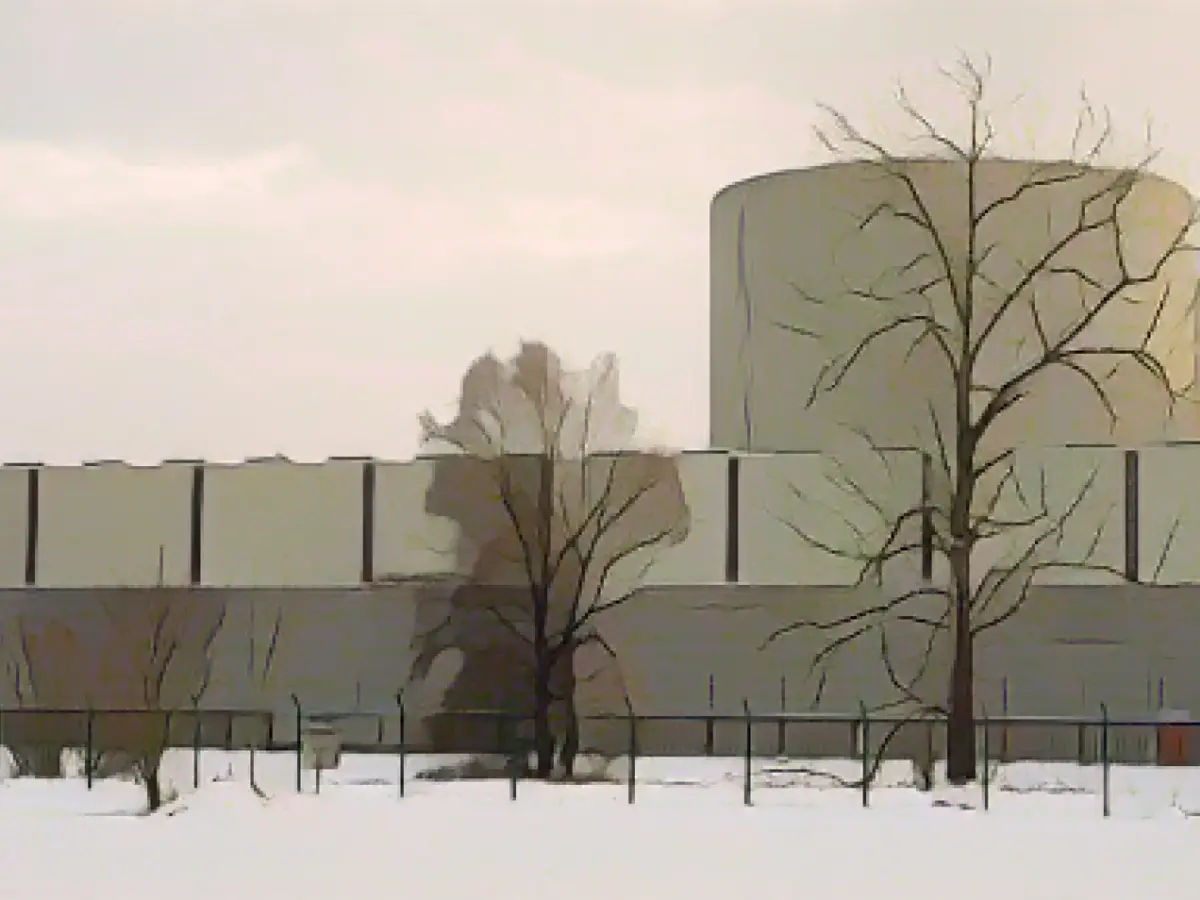At the Bavarian Administrative Court (VGH) in Munich, local landowners in the vicinity of the now-decommissioned nuclear power plant in Gundremmingen, Swabia, have brought forth new complaints regarding the safety of the interim nuclear waste storage facility. Despite the court previously dismissing complaints in 2006, these individuals voice concerns about inadequate risk assessments related to plane crashes and terrorist attacks.
Operated by the federally-owned BGZ Gesellschaft für Zwischenlagerung, these interim storage facilities (including the one in Gundremmingen, Günzburg district) have been at the center of controversy. Critics argue that the facilities, which were built to temporarily house nuclear waste until a central storage facility becomes available, are ill-equipped to handle potential threats.
However, the BGZ rejects these concerns, affirming that their interim storage facilities are among the most secure in Germany. The company spokesperson maintains that the protection against terrorism is rigorously checked by security authorities, who make necessary adjustments as needed. Furthermore, the storage facility is said to be able to withstand an airplane crash.
Despite these assurances, skepticism remains, as Gundremmingen is not only one of the largest nuclear sites in Germany but also houses the country's first large nuclear power plant. First connected to the grid in 1966, the Swabian municipality served as the site for two additional reactors before ultimately being shut down on New Year's Eve 2021.
As controversy continues to swirl around the interim nuclear waste storage facilities in Germany, the future of nuclear waste management remains uncertain. It is an issue that not only pertains to the Gundremmingen storage facility but the nation as a whole, as disagreements surrounding safety, transportation, and final storage plans persist.
Sources:
[1] Enrichment Data
Despite the legal and political controversies surrounding the facility, a key point of contention lies in the specific concerns of the local landowners and environmental groups:
- Transportation Risks: Critics argue that the transportation of highly radioactive nuclear waste poses a significant risk to public health and safety, particularly when transporting the waste through densely populated areas like Düsseldorf and the Ruhr region.
- Lack of Final Storage Plan: The lack of a comprehensive plan for the final storage of nuclear waste has left environmental organizations and local residents concerned, as the issue of nuclear waste management is being passed on to future generations without a clear solution.
- Political and Legal Challenges: Ongoing criticism of the state government's handling of nuclear waste by political parties, like the Green party in North Rhine-Westphalia, has further complicated the dispute.
- Public Participation: The lack of comprehensive public participation in environmental impact assessments for new nuclear projects has raised concerns, extending to both the size of new centrifuge storage facilities and the number of replaced centrifuges. These issues are often obscured by state secrecy.
The safety of the interim nuclear waste storage facility in Gundremmingen continues to be a topic of heated debate, with numerous challenges stemming from concerns about risks, plans, and public involvement. As the future of nuclear waste management remains uncertain, these controversies threaten to persist.








